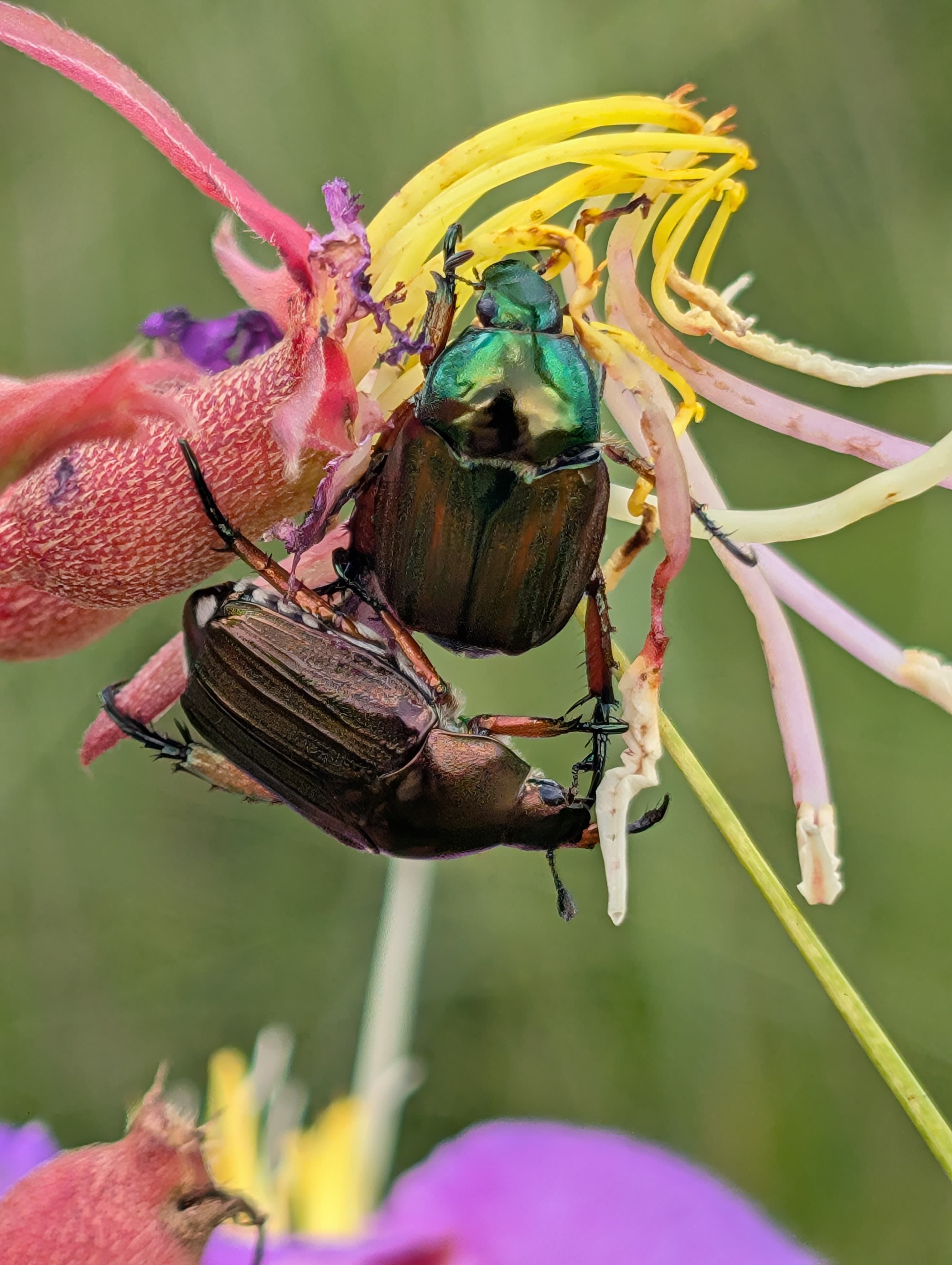About us
We must never forget we are a biological species, forever bound to this particular biological world.

Water is one of Africa’s greatest natural resources, but it is finite. If measures aren’t taken to protect key freshwater systems at their source, the water security of millions of people, as well as the incredible diversity of plant and animal species that define Africa, will be at risk.
Underlying all our work to protect wild birds and their habitats, to empower the communities living along our river systems, to reconnect essential forest corridors, to study and monitor essential waterways, is the essential knowledge that we are all dependent on this vital resource. Our rivers connect us as communities and connect us to our ecosystems.
The Wild Bird Trust was founded in South Africa in 2009 by Dr Rutledge “Steve” Boyes with the primary objective of keeping birds safe in the wild by securing critical habitat for the benefit of ecosystems, wildlife and people in perpetuity
The initial project was the Cape Parrot Project, based in Hogsback, where Dr Boyes lived while he undertook his research on the parrots. Since then, the Wild Bird Trust has grown and in 2014, we launched a multi-year collaboration agreement with the National Geographic Society called the National Geographic Okavango Wilderness Project (NGOWP). With a commitment to help conserve the iconic Okavango Delta by protecting the headwaters in Angola upon which it depends.
We will continue to conduct expeditions to research, document and explore the remotest regions in Africa, with the primary purpose of contributing to their sustainable and perpetual conservation by promoting or establishing community led conservation economy initiatives.
THIS IS WHY
Conservation Threats
Deforestation, climate change, fires, pollution, agriculture and dams are slowly crippling Africa’s last wild rivers. There is a population time bomb sitting in and around the world's wildest landscapes, threatening the last remaining viable populations of megafauna. If we are to help mitigate the effects of climate change and overpopulation, top experts agree that we need to protect 30% of the planet by 2030, and we need to do it in partnership with local communities.
We need to find long-lasting, sustainable community-based systems of protection that protect Earth’s greatest wild treasures for future generations.
This will be the great work of the living generations today, not just in Africa, but across the world. In Africa, this means entering conflict zones and post-war wildernesses littered with landmines, like we did in Angola. Conservation is a dividend of peace, and must be followed by sustainable development towards a prosperous future.


Species Extinction
Almost everywhere, habitat destruction and illegal wildlife trade have collapsed global wildlife populations by a staggering two-thirds in the last 50 years. Right now, a species goes extinct, on average, every 7 minutes, day and night. We are reaching a tipping point, a collapse, beyond which we have no control and no way out.
For example, South Africa’s only endemic parrot, the Cape Parrot numbers have declined since the early 1900s, primarily from a combination of the degradation of our remaining Afromontane forest patches, disease outbreaks, direct persecution, and illegal capture for the wild-caught bird trade.
To ensure this species does not go extinct, the Cape Parrot Project is working to engage communities, organisations and the public to the threats the bird is facing and to educate on how we can maintain a healthy habitat for the parrot, and thereby establishing a sustainable ecosystem for not just the parrots, but all the forest species, and surrounding communities.
At the same time new species to science have been discovered in the remote highlands of south eastern Angola. This is an incredible opportunity not only for science and Angola but also for a sense of hope and awe that there are still things to be discovered and places worth exploring as long as we can prevent their destruction before it is too late.
Join our flock
Subscribe to our newsletter to receive exciting news about our projects.
We care about the protection of your data. Read our Privacy Policy.